How Keir Starmer will govern – with tips from Tony Blair
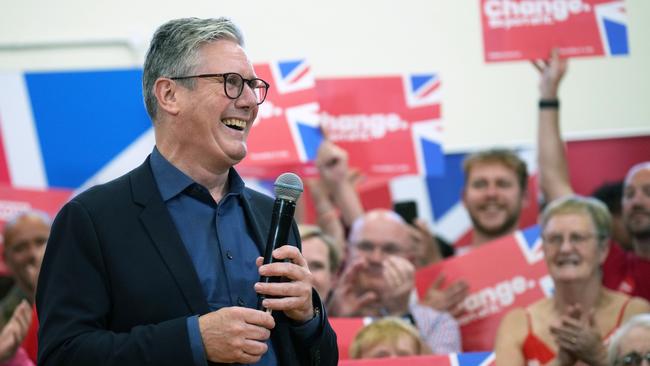
In 2019 the former prime minister risked a citizen’s arrest if he stepped foot on party property; in 2024 he posed for selfies and autographed manifestos. All but three years ago he doubted Sir Keir Starmer could win a parliamentary majority; now he praised him for rescuing Labour from “extinction”. What went unreported, however, was a fleeting moment of self-examination that tells Britain much more about what their new government would like to be.
Blair spoke of his one big regret from 1997. Upon his election, he left Labour HQ and its army of officials behind. He led them in name only and “switched too cleanly into government”, abandoning the controls of the party machine for the ship of state.
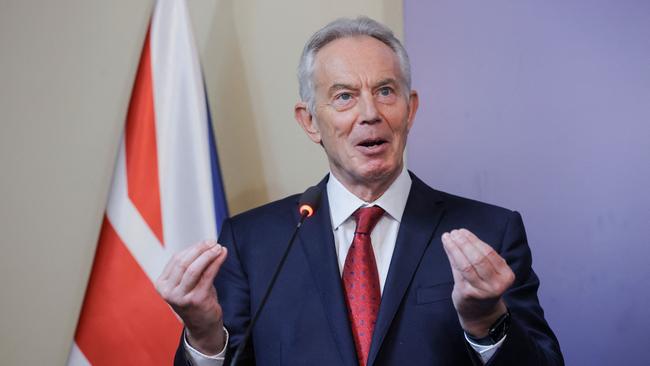
This, of course, is the staple point of Blairism’s rueful mythology: that its leaders believed the work of change was done, went off to rule from Whitehall, and returned to find Ed Miliband and then Jeremy Corbyn in charge. It was Herbert Morrison, deputy prime minister to Clement Attlee and grandfather to Peter Mandelson, who described socialism as “what a Labour government does”. Blair admitted that his mistake was to unmoor himself from his party to the extent that it came to believe socialism was what his government had quite deliberately not done.
Anyone who observes Starmer closely cannot escape the sense that he too sees internal party politics as a period of mandatory tedium before the real, worthy work of chairing cabinet committees and assessing submissions from the civil service can begin – that he is an aspiring technocrat forced to undertake a work experience placement as a politician before finally qualifying as prime minister.

It is certainly true that he wishes politics as we have come to know it – intrusive, unedifying, constantly chaotic – to end this Friday morning. But it would be a mistake to assume that he and his inner team have not heeded Blair’s warning, and that the campaign for Tory votes they have pursued so single-mindedly will end with the announcement of the exit poll.
Instead, discussions over how to win a second term in 2028 or 2029 have already begun: the campaign will not stop. What one of the authors of Starmer’s political strategy acidly dismisses as “deliverism” – juicing economic statistics and expecting the electorate to be grateful for big numbers they neither feel nor understand – will not cut it. Just ask President Biden.
The Labour leadership does not believe the comforting fiction, spun by Rishi Sunak, that a House of Commons dominated by its own MPs will bring no political pressure to bear on a Starmer government. Quite the opposite. The Liberal Democrats, Greens and Reform, should they all return MPs, are already committed to lifting the two-child cap on benefit payments, and one can well imagine contenders for the Tory leadership following the lead of Suella Braverman, who has adopted the same policy. Almost immediately a new Labour government will face what Starmer’s aides describe as a “popular front” attacking them, however improbably, from its left.
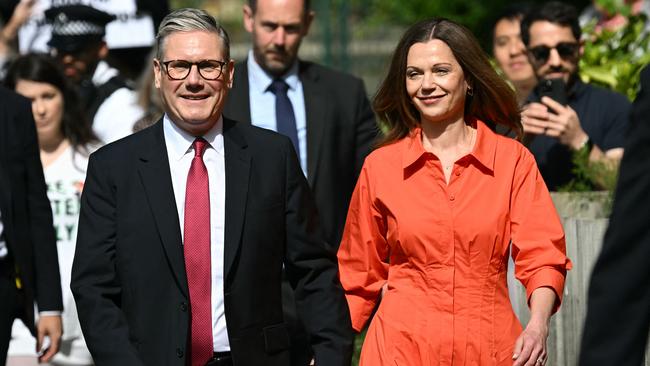
Starmer will be hopeful that voters are willing to be patient: his internal polling suggests that only 2 per cent of them expect to feel better off by the end of his first year in No 10. But what about the hundreds of Labour MPs behind him? Flushed with victory and harried by their members, they will be itchy, impatient, ready to wield power for their own people. Maintaining the discipline that has defined this campaign will pose an immediate challenge.
Less than a week from now, on July 11, the utilities regulator will decide whether to grant the water companies permission to raise bills by between 24 and 91 per cent in December. Incoming ministers are already fretting over how they might avoid the blame.
Another plan under discussion among Starmer’s strategists is to set up a Labour version of the European Research Group of Tory Brexiteers, devoted to growth policy. It would not be run by rebels but with the tacit licence of the leadership, with the aim of diverting the political focus of new backbenchers to the government’s overriding priority – and, more prosaically, giving them something to do.
Yet some of them will still hope Starmer begins his premiership with a bold statement of intent, perhaps his answer to Gordon Brown granting independence to the Bank of England in his first days as chancellor. Surprise! I know we spoke about taking tough decisions, but we’ve found the £1.8bn we needed to lift the two-child benefit cap and be a proper Labour government.
It’s a nice idea, consoling for new MPs who might soon wake up to discover they are the new villains of the broader left, but not one that recommends itself to Britain’s new prime minister. Having campaigned in prose, he will not now govern in poetry. In his first speech from the steps of No 10 he will instead promise to govern as he has campaigned. The political direction of this government is likely to be set by the campaigners currently in charge of Labour HQ rather than bureaucrats or policy wonks.
Expect Starmer to say something like this. He will not lead a government for left-wing activists or protesters. The amount of money a Labour government has to spend will not be directly proportionate to the size of its majority. The promised change will come – on economic growth, crime and the NHS – but these five years will not be easy. Not so much a new dawn breaking as a brief pause in the rain.
His team are acutely aware that this first speech will be his only opportunity to define a mandate whose meaning will be hotly contested by a party that has often struggled to stomach the strategy Starmer prosecuted in pursuit of victory. More than that: the speech is the mandate. They have studied those given by prime ministers past, in particular those of Boris Johnson and Theresa May. Both made bold and memorable promises – to level up the regions and rectify burning injustices – and neither vision was fulfilled. However underwhelming it may sound to the Labour Party, Starmer will not start making promises he does not believe will be kept.
The Times


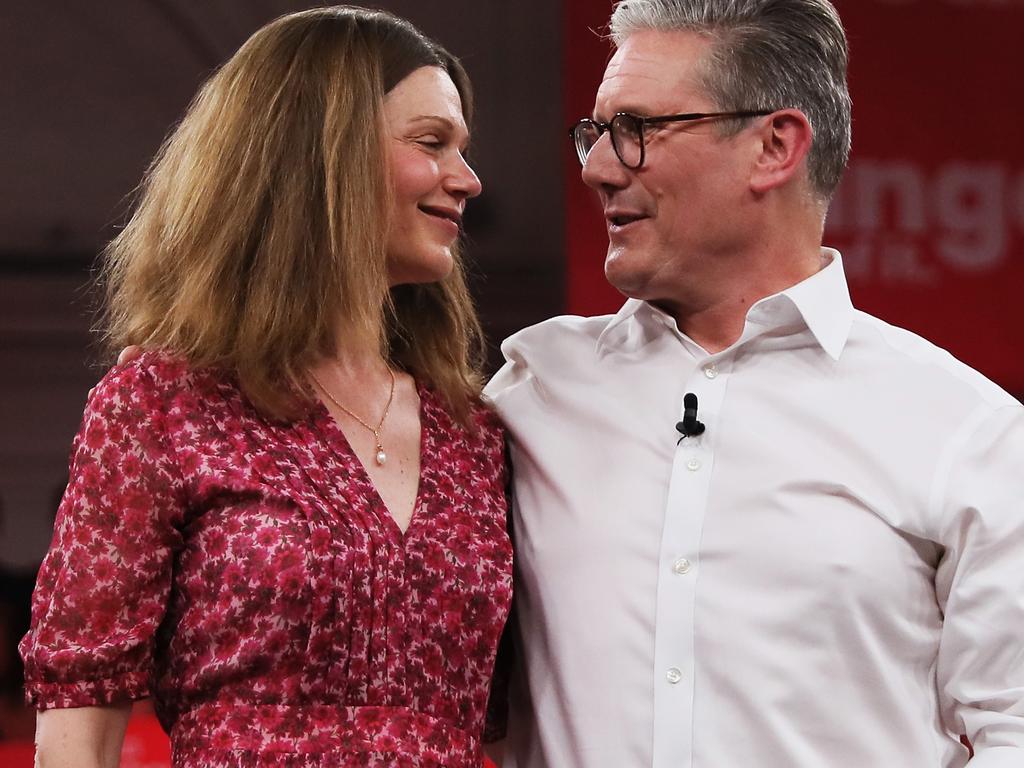
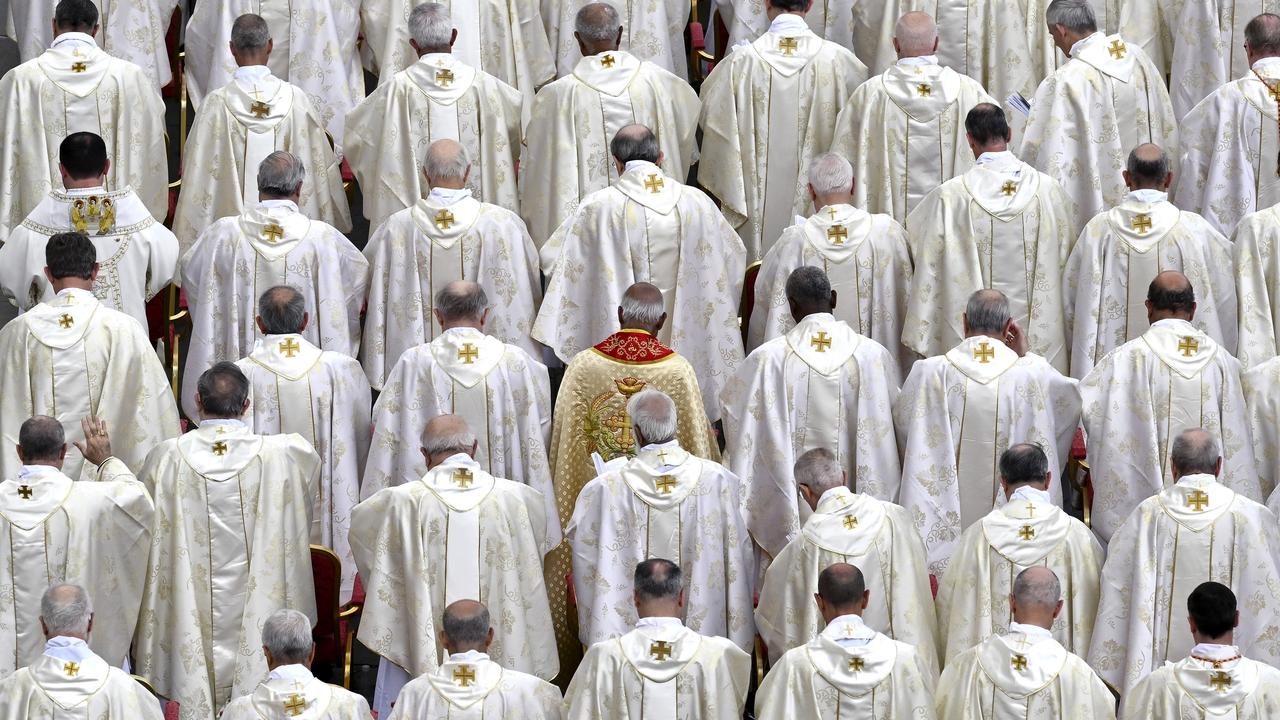

As the first victorious Labour general election campaign in 19 years entered its final week, the man who led the last one paid a royal visit to party headquarters. Almost nothing has leaked through the handsome brickwork of the opposition’s new base in Southwark over the past six weeks but, inevitably, Sir Tony Blair’s sermon on the virtues of his unlikely successor found its way into newsprint.